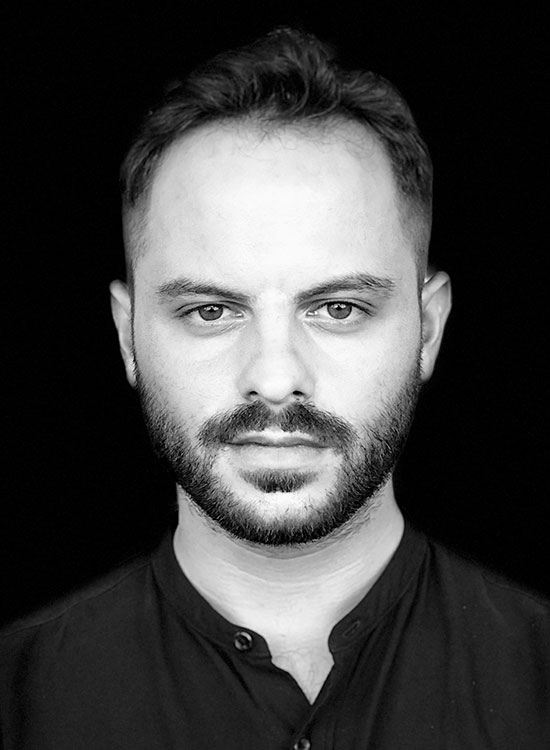Biography
Zack is a multi-disciplinary researcher whose interests lie at the intersection of architectural design, mechanical engineering, statistics and artificial intelligence. He is currently a Postdoctoral Fellow in the Architecture and Sustainable Design pillar at Singapore University of Technology and Design (SUTD). Prior to this he was visiting scholar at Harvard Graduate School of Design. He holds a PhD from SUTD under the supervision of Stylianos Dritsas and Sawako Kaijima, an MPhil degree in Digital Architectonics from the University of Bath and a Bachelor’s degree in Engineering and Architecture from the University of Malta. Zack is a registered architect in Malta.
Research Interest
The coupling of design and numerical analysis in computational design assumes a one-directional forward schema from input to output. Forward systems provide limited interpretability of how the design system maps to the engineering response. Subsequently, the difficulty to keep track of cause and effect relationships results in an opaque cyclic feedback loop between design-generation and evaluation. Therefore, how can we afford better control over physical behaviour when synthesizing architectural design with engineering numerical analysis?
In response, Zack’s research borrows methods from statistics and artificial intelligence to facilitate and promote knowledge-inference, in the human-computer relationship. His PhD thesis introduces ‘Bayesian inference’, borrowed from the field of probability, as a concept to facilitate the interpretability of engineering responses from numerical analysis, with focus on finite element analysis. The novelty of the approach presented in the research lies with the notion of bi-directional reasoning; in other words, the inverse facility to infer how the inputs generate an output response of interest. The research found that the capacity to reason about inverse scenarios within a probabilistic representation enables to narrow down a vague understanding of a design space into the meaningful regions of interest. In conclusion, the thesis demonstrated how the concept of Bayesian inference in a design space setting can serve as a powerful translational mechanism between the architectural design and engineering domains.
Selected Publications
- Xuereb Conti, Z., & Kaijima, S. (2018) Enabling Inference in Performance-Driven Design Exploration. In Humanizing Digital Reality (pp. 177-188). Springer, Singapore.
- Xuereb Conti, Z., & Kaijima, S. (2018) A Flexible Simulation Metamodel for Exploring Multiple Design Spaces. In Proceedings of the IASS Symposium 2018, Creativity in Structural Design, July 16-20, 2018, MIT, Boston, USA, Caitlin Mueller, Sigrid Adriaenssens (eds.)
- Xuereb Conti, Z., Shepherd, P. and Richens, P. (2015) Multi-objective Optimisation of Building Geometry for Energy Consumption and View Quality. In Proceedings of the 33rd eCAADe Conference – Volume 1, Vienna University of Technology, Vienna, Austria, 16-18 September 2015, pp. 287-294
Accolades
- 2014 – 2019 President’s Graduate Fellowship – Singapore University of Technology and Design

